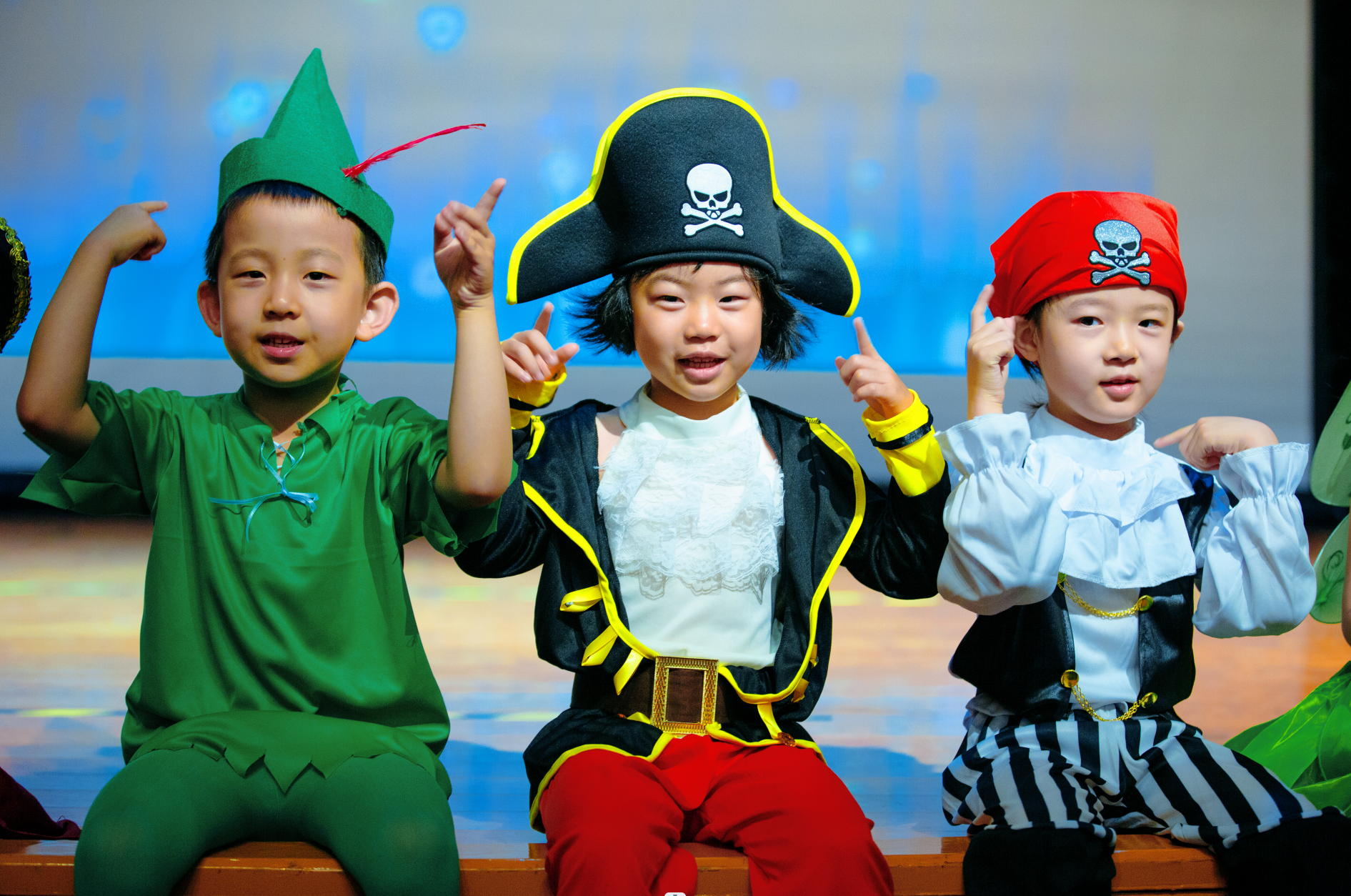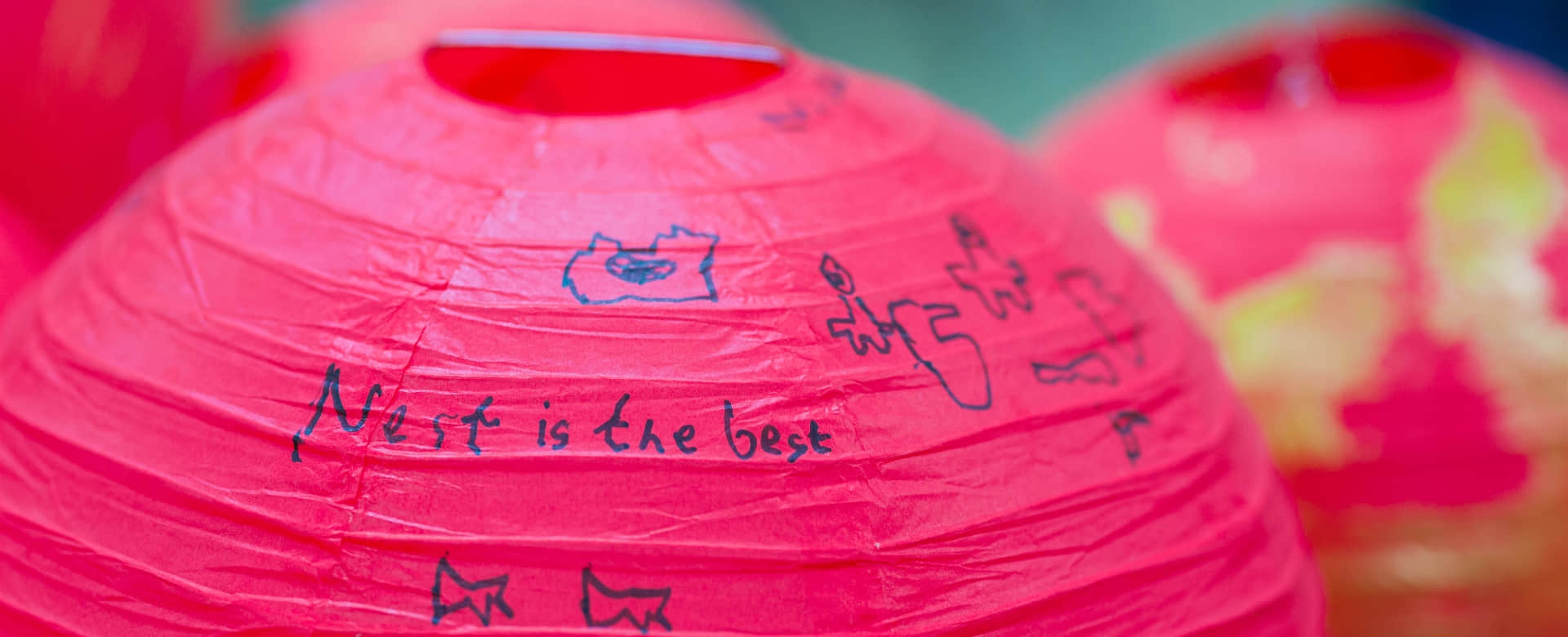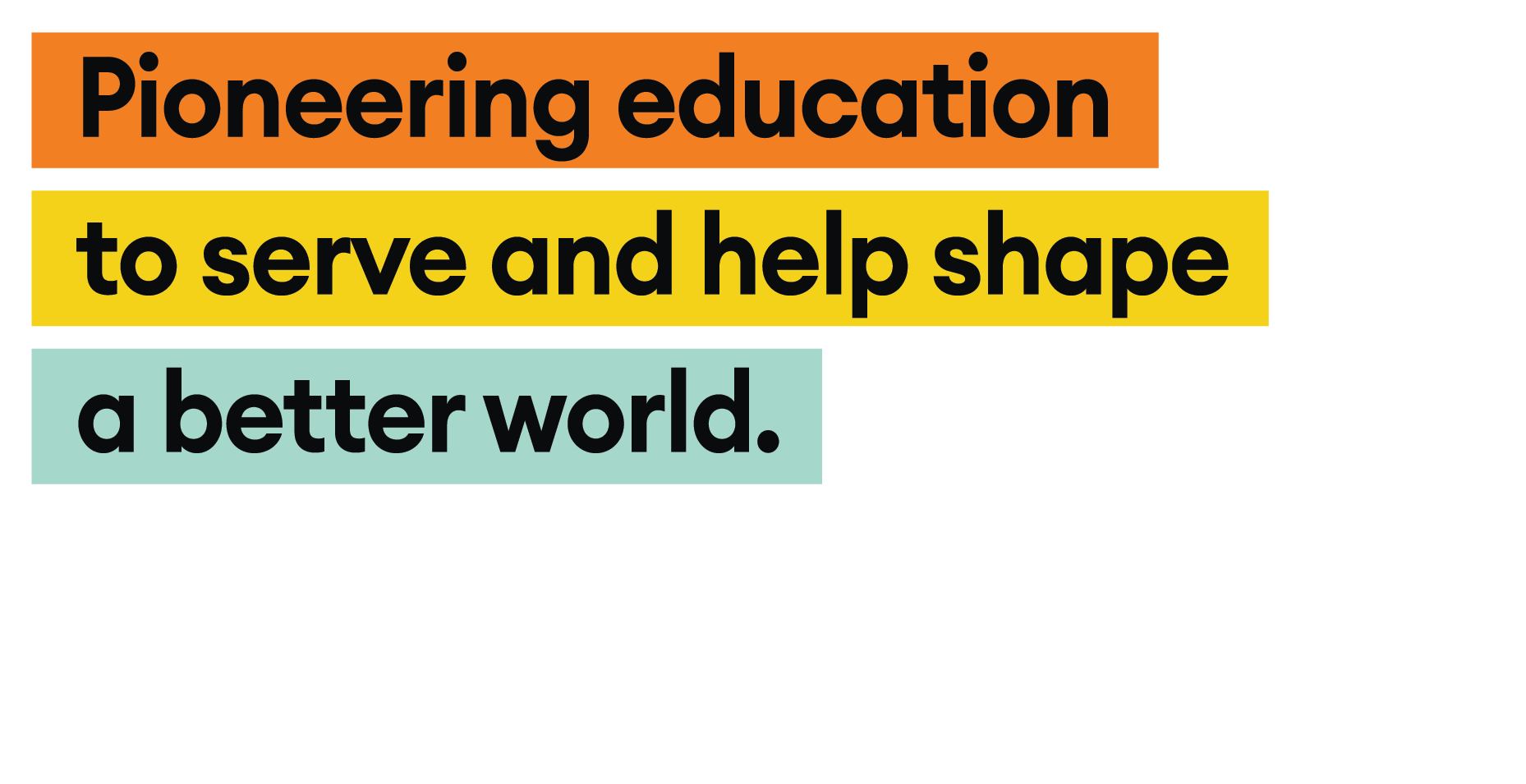Educational Insights | Roleplay

Justine Broadhurst
中班教师
In the Nest, roleplay is a cornerstone of our early year's curriculum. We believe that learning through play is the most effective way to support children's development and provide them with the skills they need to succeed in later life.
Roleplay is a crucial aspect of early years education as it allows children to explore and understand the world around them in a safe and controlled environment. Roleplay is a type of play that involves the creation of imaginary scenarios and the assumption of different roles. It is a fundamental part of early years education as it helps children develop social skills, language skills, emotional skills, and cognitive skills.
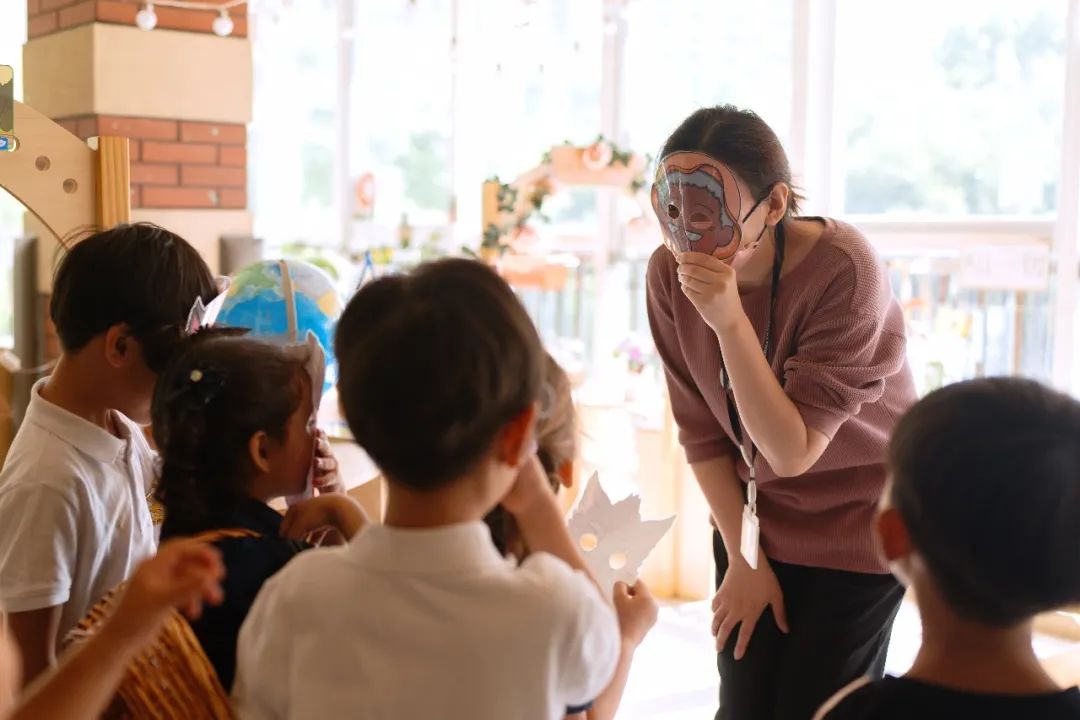
In the Nest, roleplay is a cornerstone of our early year's curriculum. We believe that learning through play is the most effective way to support children's development and provide them with the skills they need to succeed in later life.
One of the ways Wellington Nursery embraces learning through play is through the creation of a dedicated roleplay area in their Early Years classrooms. This area is designed to look and feel like a real-life environment, such as a kitchen or a doctor's surgery. Children are encouraged to take on different roles and act out scenarios, using props and costumes to enhance their experience.
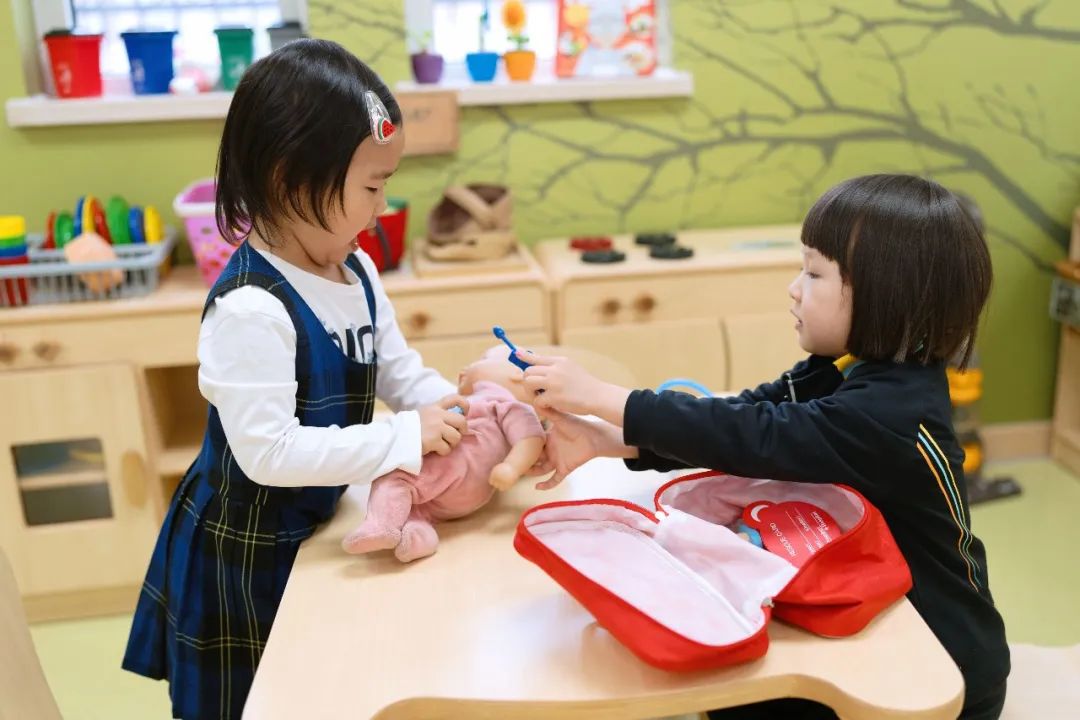
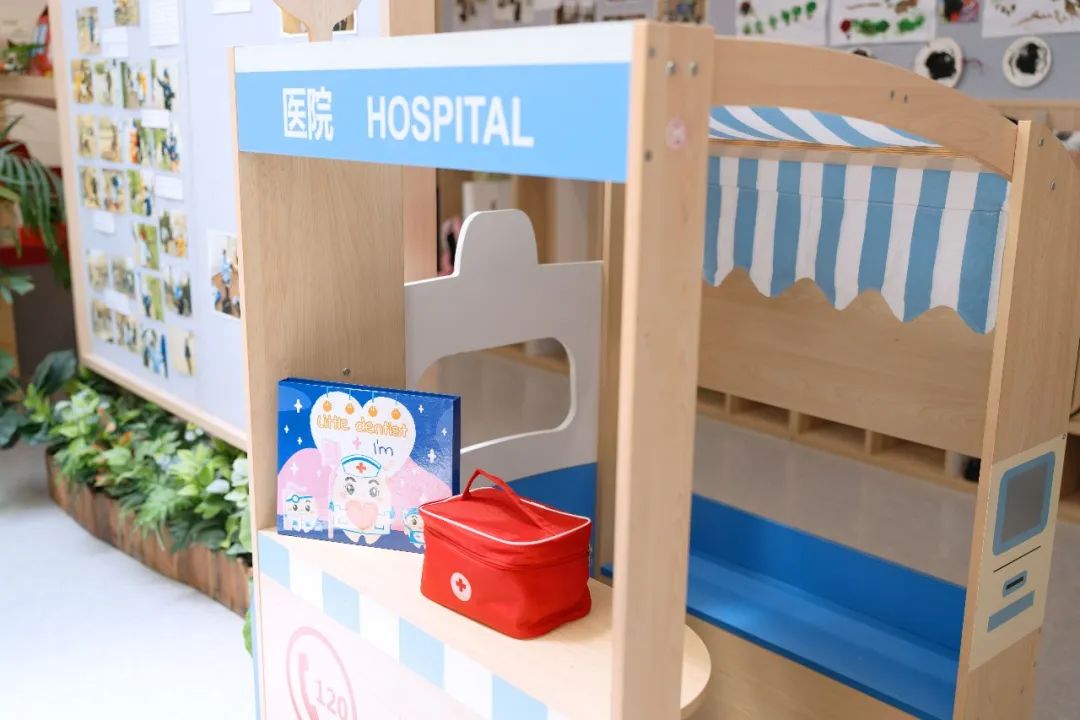
For example, in a kitchen area, children can take on the role of a chef or a waiter, learning about food preparation, cooking, and serving. They can explore different scenarios, developing their language skills as they describe what they are doing. Using imagination to create a shop or restaurant where children ‘pay’ for services also encourages numeracy skills.

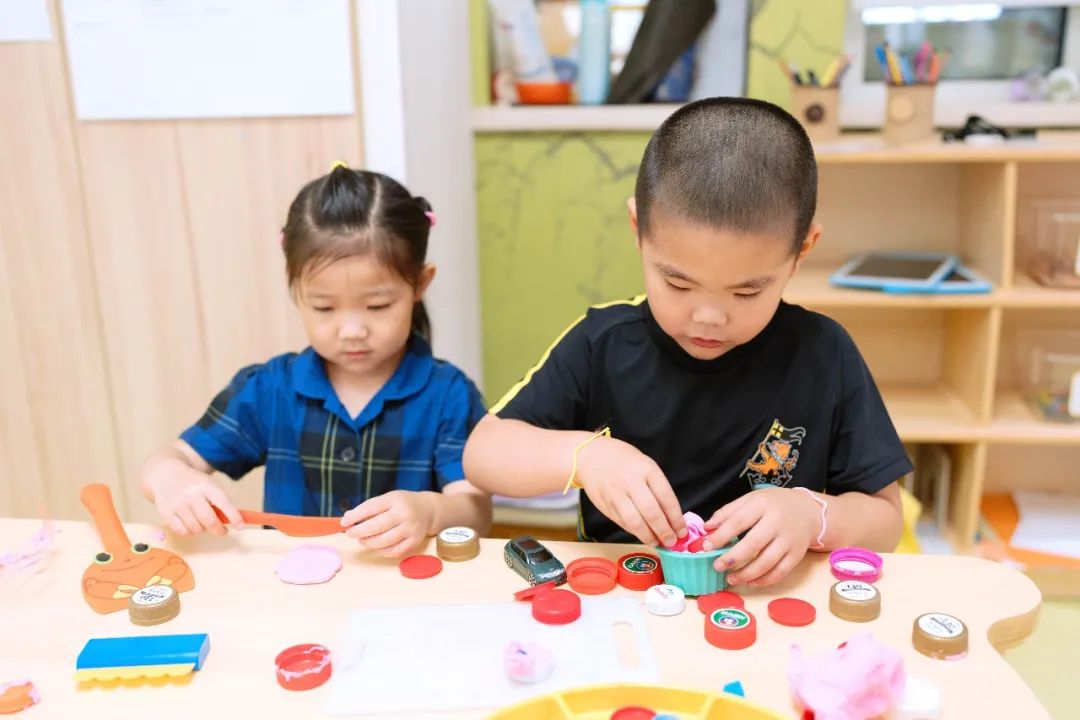
Another way The Nest embraces learning through play is through the use of storytelling. Storytelling is a powerful tool for early years education as it encourages children to use their imagination and creativity, develop their language skills, and explore different emotions and experiences.
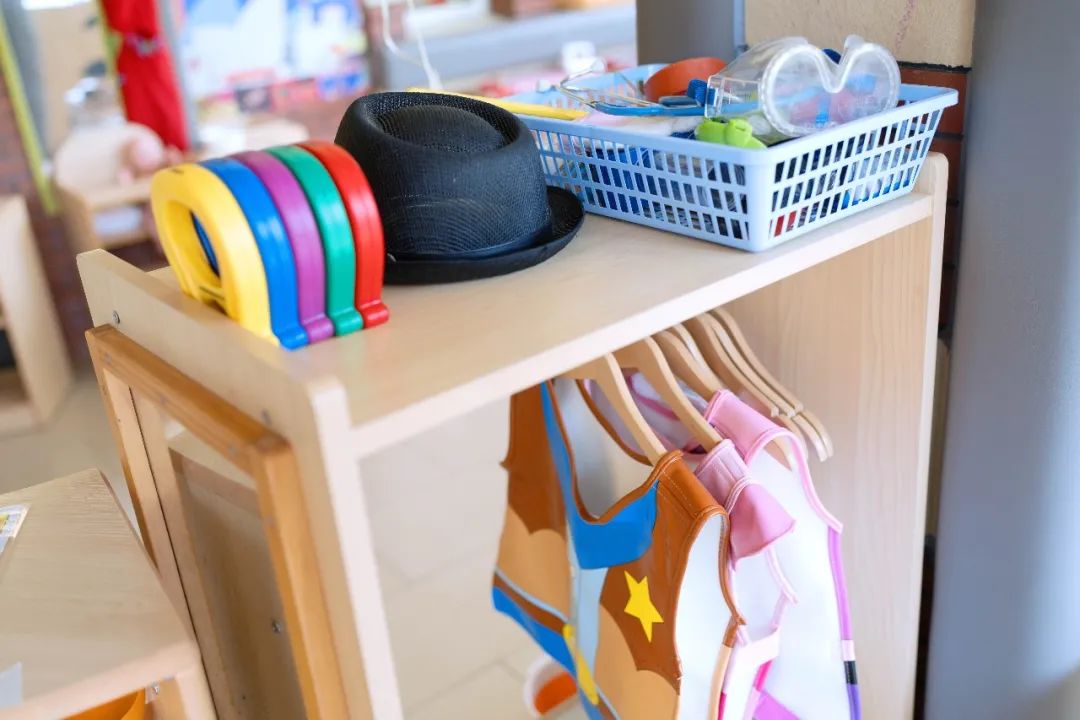
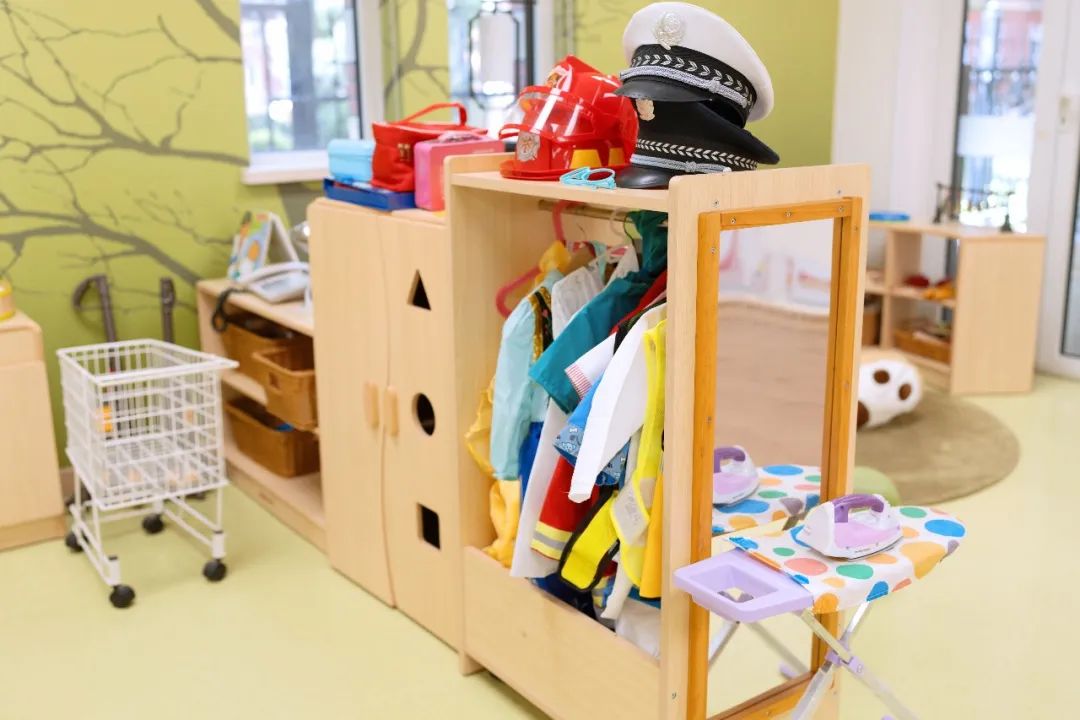
In The Nest, storytelling is used in conjunction with roleplay to create a more immersive learning experience. For example, a teacher might read a story about a doctor and then encourage the children to act out different parts of the story in the doctor's surgery area. This not only helps children to understand the story better but also helps them to develop their social and emotional skills as they work together to create the scenario. What better way to explore being a scientist or a pirate, than playing the part and using the language in a creative situation.
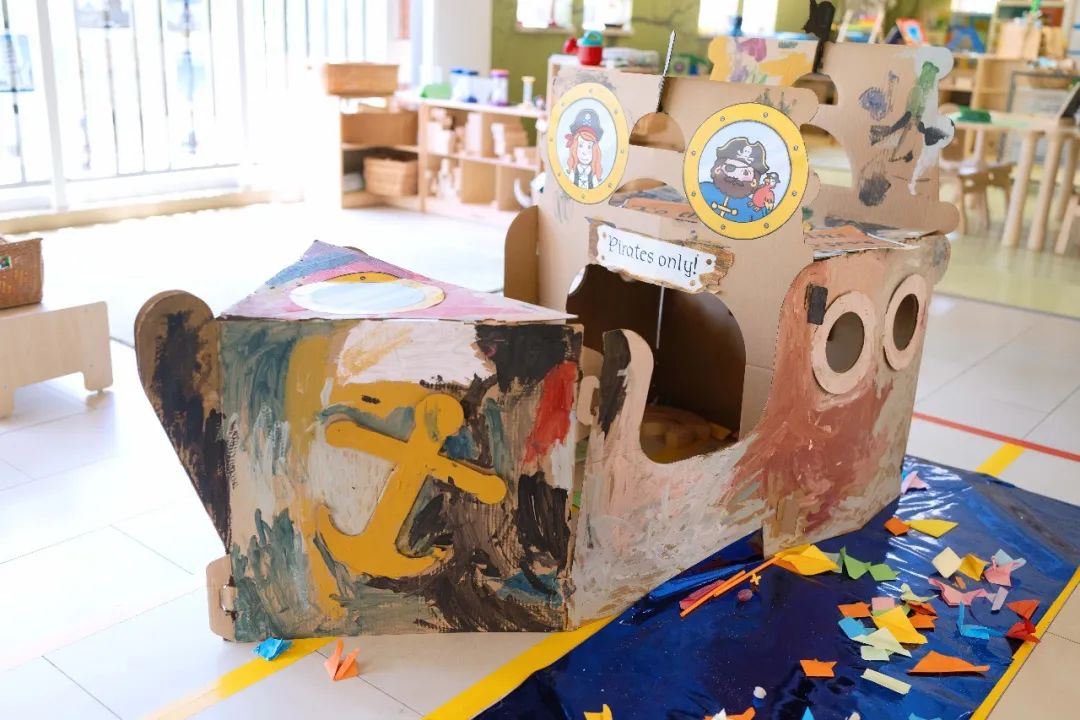
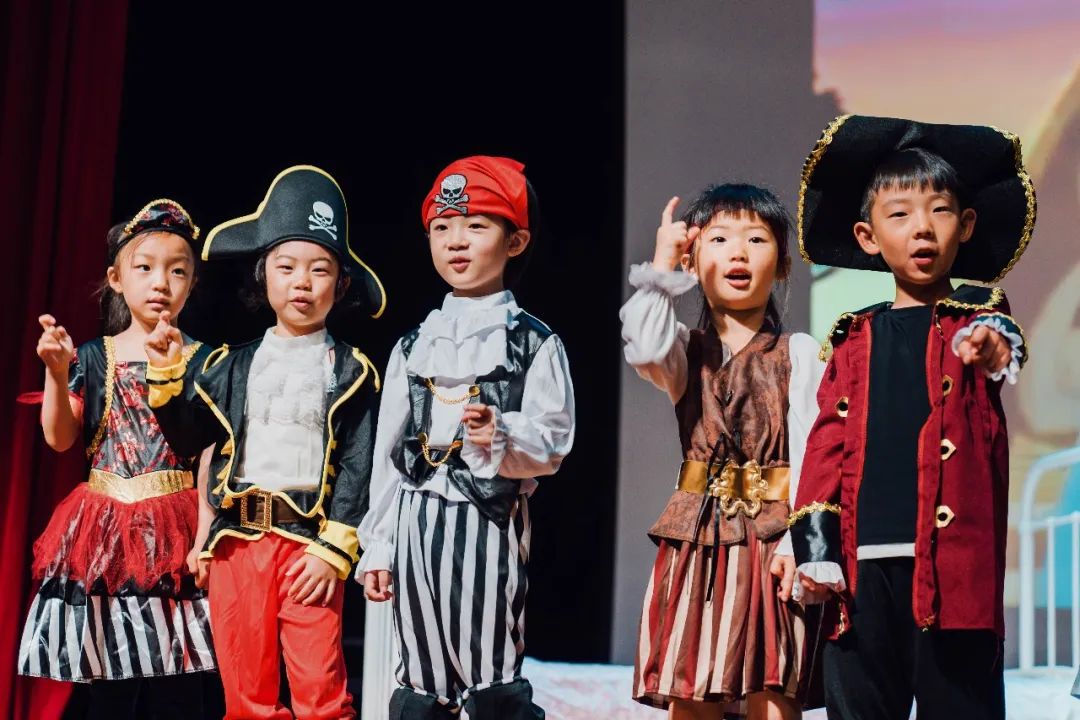
Finally, we embrace learning through play by creating opportunities for children to explore the outdoors. Outdoor play is essential for children's physical development as it helps them to develop gross motor skills, coordination, and balance. It also allows them to explore nature, learn about the environment, and develop a sense of curiosity and wonder. Facilities and activities provide children with a sense of freedom and space, allowing them to explore the natural world as well as to develop their creativity and imagination with ample opportunity for role play.
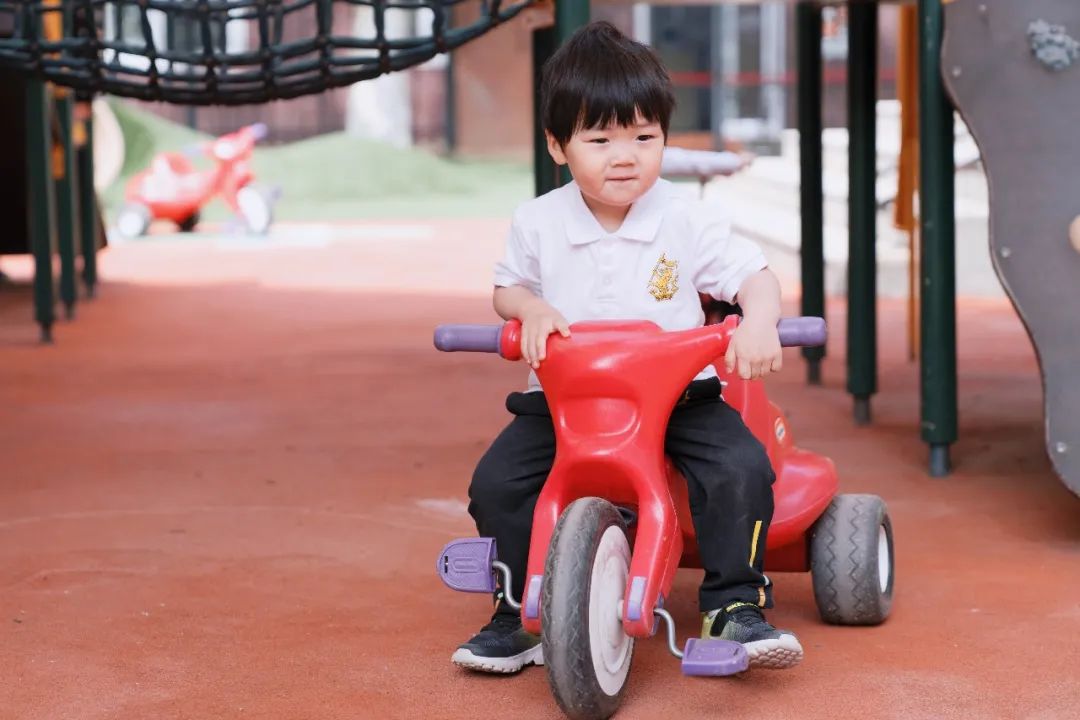
In every year group, there are assessment statements where we look to see how children engage in a roleplay situation, and how they use new language and vocabulary that shows their understanding of new concepts and knowledge, as well as language. Albert Einstein himself said, “Play is the highest form of research.” By using a wide variety of roleplay situations we give purpose to the research of every child.
In conclusion, roleplay is an essential aspect of early years education as it allows children to explore and understand the world around them in a safe and controlled environment. Wellington College Bilingual Nursery Tianjin embraces learning through play by creating dedicated roleplay areas, using storytelling, and providing opportunities for outdoor exploration. By doing so, we provide children with a rich and immersive learning experience that not only supports their development but also fosters a love of learning that will stay with them for life.
Related Articles








 Channel
Channel 
 Linkedin
Linkedin  Weibo
Weibo  Facebook
Facebook  Ins
Ins 

